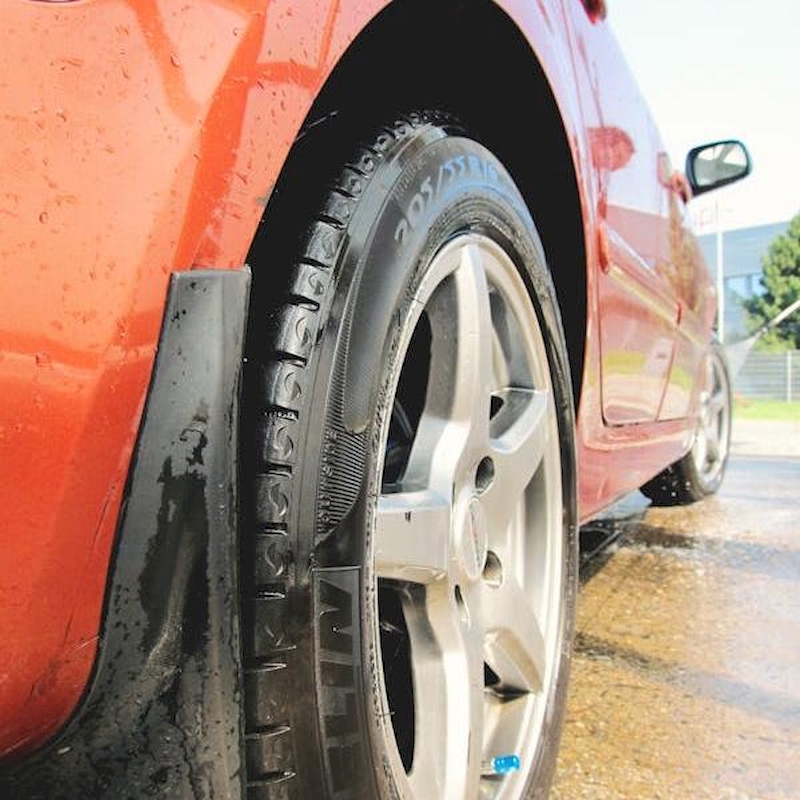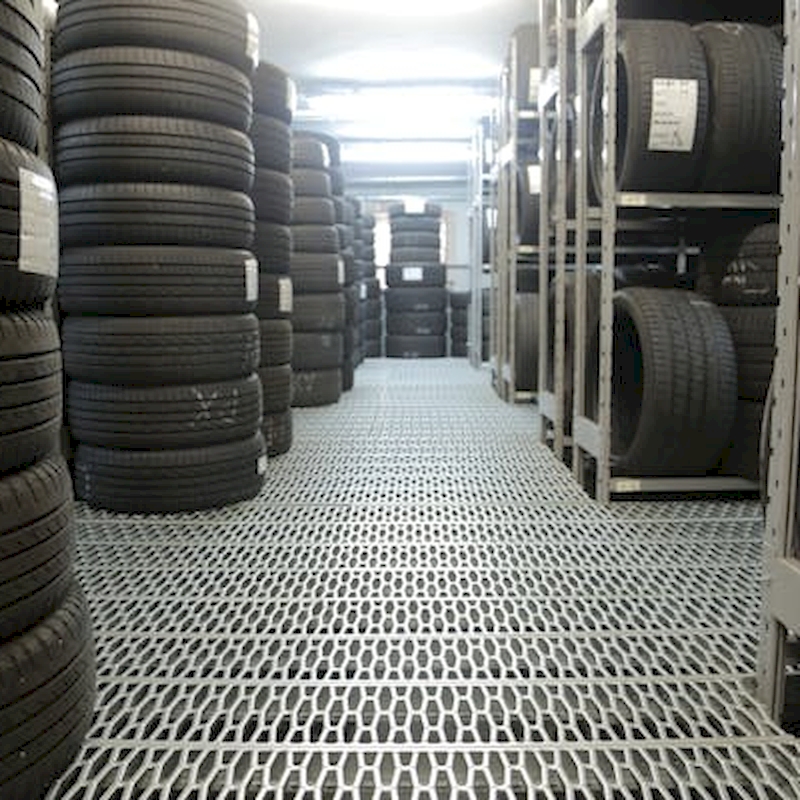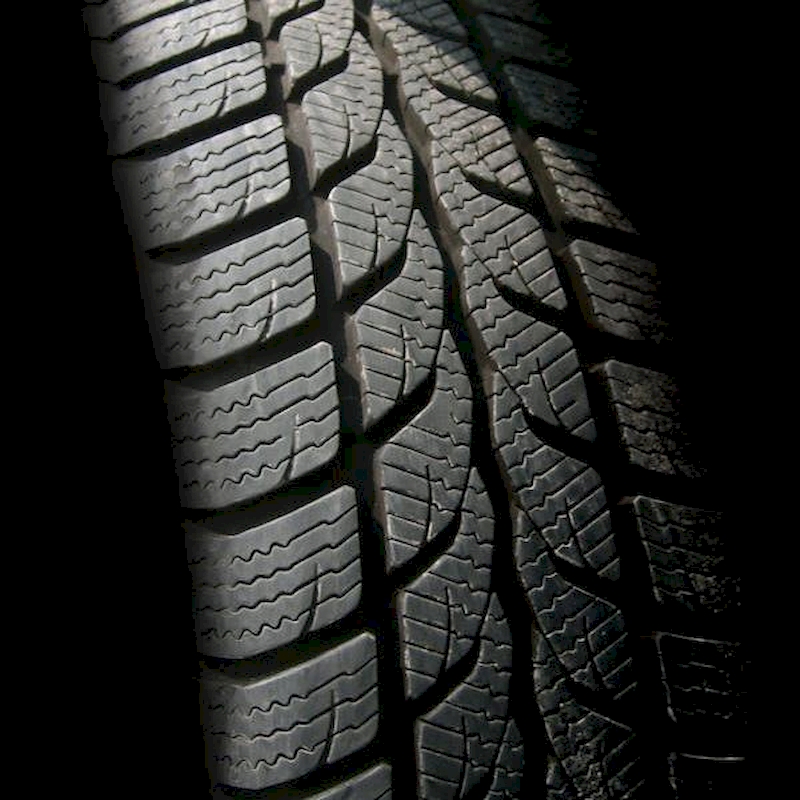
Tires are an essential component of any vehicle, playing a key role in safety, performance, and fuel efficiency. However, many vehicle owners often overlook one crucial aspect: the weight of tires. Understanding how heavy tires are can help you make informed decisions about tire selection, maintenance, and even vehicle handling. In this article, we will delve into the various factors that influence tire weight, explore the average weights of different types of tires, and address common questions surrounding this topic.

Introduction to Tire Weight
Tires serve as the contact point between a vehicle and the road and can significantly affect its performance characteristics. The weight of tires can vary widely depending on their size, type, and intended use. Knowing how heavy tires are is essential not only for selecting the right tire for your vehicle but also for assessing fuel efficiency and handling characteristics.
For example, a lightweight tire may improve fuel efficiency, whereas a heavier, performance-oriented tire may provide better stability and grip. The relationship between tire weight and vehicle dynamics is complex and should not be overlooked by any vehicle owner or enthusiast.
Factors Influencing Tire Weight
Many factors contribute to the overall weight of a tire, and understanding these can shed light on why some tires feel heavier than others. Here are some key elements that impact tire weight:
Tire Type
Different types of tires—such as all-season, winter, off-road, and performance tires—differ significantly in weight.
- All-Season Tires: Designed for a balance of performance across various conditions, these tires usually range from 20 to 30 pounds for standard passenger vehicles.
- Winter Tires: Built for enhanced grip on snow and ice, winter tires can weigh slightly more than all-season tires, often due to added materials for improved traction.
- Performance Tires: Often constructed with a focus on handling and speed, performance tires can be lighter in some cases but may also feature heavier sidewalls for stability.
Size and Dimensions
The size of the tire is another straightforward factor that significantly affects its weight. Tires are measured in terms of width, aspect ratio, and diameter, expressed as a combination like 225/50R17.
- Width: A wider tire typically weighs more than a narrower tire due to the increased rubber volume.
- Diameter: Larger diameter tires often carry more weight, increased rubber, and support materials.
Materials Used
The materials employed in tire manufacturing also play a crucial role in determining how heavy tires are. Tires are generally made from the following materials:
- Rubber: The primary component, varying in density and quality, contributes to overall weight.
- Steel Belts: Common in many tires, steel belts can add significant weight but improve performance and durability.
- Synthetic Materials: Some modern tires incorporate composite materials that can reduce weight while maintaining structural integrity.
Tire Construction
The manner in which a tire is constructed will also impact its weight. For instance, tires may be either tubeless or have an inner tube, which may introduce additional weight.
- Radial vs. Bias Ply: Radial tires often incorporate layers that give them a lightweight disposition compared to bias-ply tires, which may weigh more due to their construction method.
Tire Age and Condition
Over time, tires can degrade and lose material, affecting their overall weight. Additionally, the presence of foreign materials like dirt and mud can temporarily alter how heavy tires feel during operation.
Average Tire Weights
Understanding how heavy tires are can be easier when you have some average figures to reference. Here, we categorize tires based on their use:
Passenger Car Tires
- Standard all-season tires: Typically range from 20 to 30 pounds each.
- Performance tires: May weigh between 22 to 28 pounds, depending on dimensions.
SUV and Light Truck Tires
- All-terrain tires: Generally weigh between 30 and 50 pounds, accommodating the need for durability while off-road.
- Mud tires: Usually on the heavier side, ranging from 35 to 60 pounds, built for extreme conditions.
Commercial Truck Tires
For larger vehicles, the weight of tires can escalate dramatically:
- Heavy-duty truck tires: Average weight can range from 70 to 120 pounds, due to their purpose for handling significant loads and maintaining stability during operation.
Specialty Tires
- Racing tires: Often designed for optimal performance, these can weigh between 20 to 30 pounds for maximum speed.
- Bicycle tires: Surprisingly lightweight, they may weigh just a couple of pounds, although different types like mountain bike tires can be a bit heavier.
Impacts of Tire Weight on Vehicle Performance
Tire weight is not just a trivial statistic; it affects various aspects of vehicle performance. Knowing how heavy tires are can help understand these impacts:
Fuel Efficiency
Generally, lighter tires can contribute to better fuel efficiency since they require less energy to rotate. Heavier tires, while potentially offering better traction, can also lead to higher fuel consumption, as the engine must work harder.
Handling and Stability
Tires that are too heavy can negatively affect a vehicle’s handling characteristics, particularly during braking and cornering. Conversely, tires that are too light may compromise grip and stability, especially in adverse conditions.
Wear and Tear
Heavier tires can put additional stress on suspension components, leading to faster wear and tear of not only the tires but also the vehicle’s suspension system. It’s essential to strike the right balance between tire weight, performance, and longevity.
Common FAQs About Tire Weights
How does tire weight affect ride quality?
Tire weight can influence ride quality by impacting how much the tires absorb road imperfections. Heavier tires may offer a smoother ride, while lighter tires can transmit more vibrations.
Can I mix tire weights on the same vehicle?
It’s not recommended to mix tires of significantly different weights. Doing so can lead to handling issues and uneven tire wear, potentially compromising your safety.
Are lighter tires always better?
While lighter tires can enhance fuel efficiency and acceleration, they may not provide the same performance in terms of grip and handling. It’s vital to consider your driving needs when choosing tires.
How can I check my tire weight?
Most tire specifications can be found on the manufacturer’s website or the tire sidewall itself, making it relatively easy to ascertain how heavy your tires are.
The Relationship Between Tire Weight and Vehicle Dynamics
One of the most critical aspects of vehicle performance is the interaction between tire weight and vehicle dynamics. This extends beyond just fuel efficiency and incorporates handling characteristics, traction, and overall driving experience.
Handling Characteristics
The handling of a vehicle is largely influenced by the weight distribution and characteristics of the tires. Lighter tires often allow for more responsive steering and improved agility. However, a balance must be struck; too light a tire may lack stability during high-speed maneuvers, leading to potential loss of control.
In contrast, heavier tires can provide better grip due to increased surface contact with the road but may dampen steering responsiveness. This is particularly important in performance cars where precision and control are paramount.
Cornering Performance
When it comes to cornering, tire weight plays a significant role. Heavier tires might offer more stability during high-speed turns, as they tend to keep the contact patch more consistent on the road surface. However, if a tire’s weight negatively impacts suspension dynamics, it could result in delayed responses to steering inputs, leading to understeer or oversteer situations.
It’s worth noting that vehicle manufacturers often spend considerable time calibrating suspension systems specifically for the weight of the tires they recommend. This means that using a tire significantly different in weight could alter the intended handling characteristics of the vehicle.
Effects on Versatility and Terrain Adaptability
Tire weight also affects how well a vehicle can adapt to different terrains. Off-road vehicles often employ heavier, more rugged tires designed to withstand rough conditions. The additional weight provides more traction, but it can impact fuel mileage and handling on paved roads.
Conversely, lightweight tires on crossover or sedan vehicles can facilitate a smoother ride and better fuel efficiency on highways; however, they may not provide the grip needed for harsh off-road conditions. Vehicle owners should consider their typical driving scenarios when selecting tires to ensure the best performance and adaptability.
The Impact of Tire Weight on Electric Vehicles (EVs)
With the rising popularity of electric vehicles, understanding how heavy tires are takes on added importance. Electric vehicles (EVs) tend to have different considerations regarding tire weight due to their unique design and driving characteristics.
Weight Distribution and Battery Placement
Electric vehicles often have their batteries mounted in the floor, which may alter the center of gravity. This design, while providing stability and a low center of gravity, also changes how tire weight affects overall handling. Heavier tires can enhance grip, which is essential for high-torque electric motors.
Tire Wear and Maintenance
Electric vehicles also tend to put more torque on the tires due to their instant power delivery capabilities. Heavier tires can amplify this effect, potentially leading to increased wear if the vehicle isn’t equipped with properly rated tires. Regular maintenance and observations on tire condition should be a primary focus for EV owners interacting with varying tire weights.
Range Considerations
In the realm of electric vehicles, weight has a direct impact on range. Heavier tires can cause the vehicle to consume more energy, affecting how far it can drive before needing a charge. Many EV manufacturers are focusing on using lighter materials, including tires made with advanced composites, to optimize efficiency without sacrificing performance.






